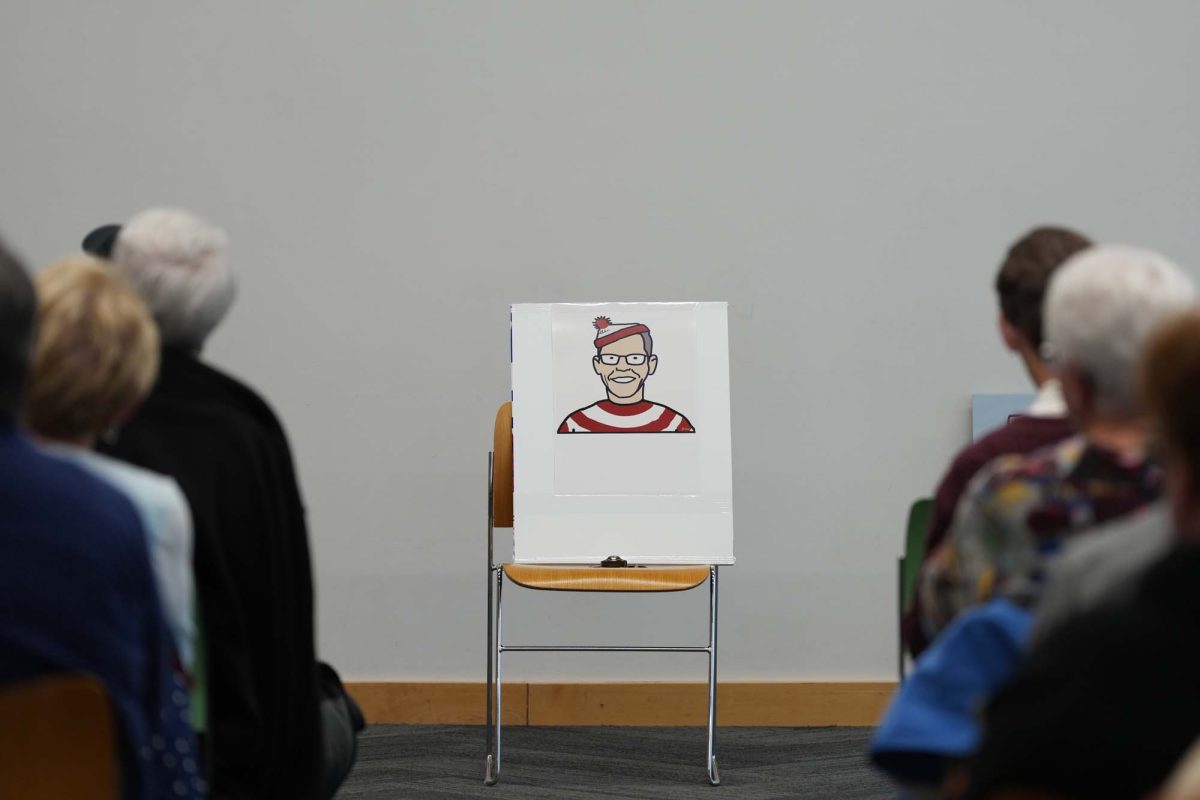Obama calls Middle East leaders
January 21, 2009
WASHINGTON — President Barack Obama called four Middle East leaders on Wednesday, weighing in for the first time about the Gaza crisis by pledging to support a fragile cease-fire.
Obama called Egyptian President Hosni Mubarak, Israeli Prime Minister Ehud Olmert, Jordan’s King Abdullah and Palestinian President Mahmoud Abbas.
“He used this opportunity on his first day in office to communicate his commitment to active engagement in pursuit of Arab-Israeli peace from the beginning of his term, and to express his hope for their continued cooperation and leadership,” White House press secretary Robert Gibbs said.
Obama inherits the aftermath of a conflict that roiled the Middle East anew and dogged the final days of the Bush administration. An Israeli offensive ravaged Gaza and left some 1,300 Palestinians dead, at least half of them civilians, according to estimates. Thirteen Israelis also died. Israel launched the war to halt years of militant rocket fire on southern Israel and to stop arms smuggling that put one-eighth of the country’s population within rocket range.
A tenuous halting of the bloody fighting is in place.
Gibbs said Obama “emphasized his determination to work to help consolidate the cease-fire by establishing an effective anti-smuggling regime to prevent Hamas from rearming,” and by working with Palestinian leadership to help create a “a major reconstruction effort for Palestinians in Gaza.”
In his phone calls, Gibbs said, Obama pledged that his government would do its share to make those efforts successful and work with international partners “as they fulfill their responsibilities as well.” The White House described the calls as warm in nature.
The last Israeli troops left the Gaza Strip before dawn Wednesday, the military said, and Israel dispatched its foreign minister to Europe to try to rally international support to end arms smuggling into the Hamas-ruled territory.
The timing of the troop pullout reflected Israel’s hopes to defuse the crisis before Obama settled into the White House. The military said troops remain amassed on the Israeli side of the border, poised for action if militants violate a fragile, three-day-old truce.
In the weeks before getting sworn in as president, Obama engaged deeply in the economic crisis at home. But he deferred to then-President George W. Bush on the Gaza conflict and declined frequent opportunities to comment, saying the country should speak with only one voice on foreign policy.






